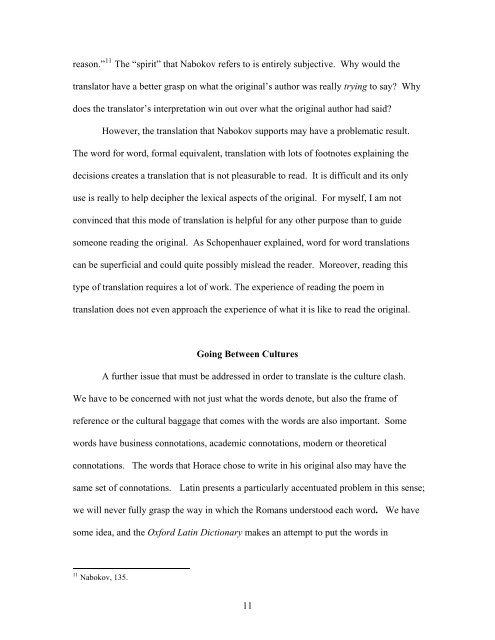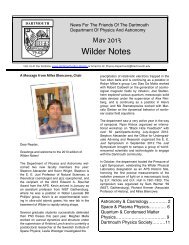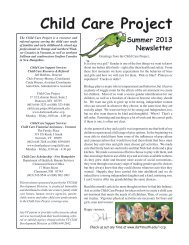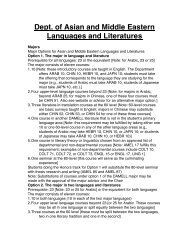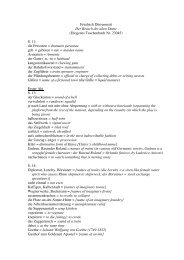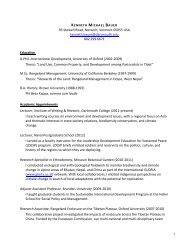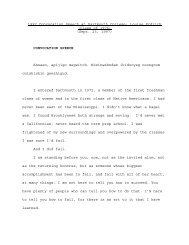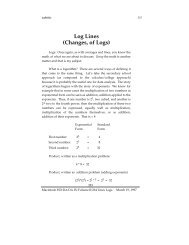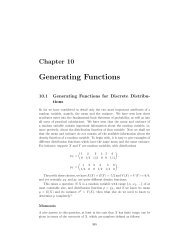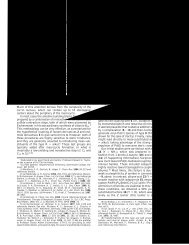A Log Cabin Out of Stone: - Dartmouth College
A Log Cabin Out of Stone: - Dartmouth College
A Log Cabin Out of Stone: - Dartmouth College
You also want an ePaper? Increase the reach of your titles
YUMPU automatically turns print PDFs into web optimized ePapers that Google loves.
eason.” 11 The “spirit” that Nabokov refers to is entirely subjective. Why would the<br />
translator have a better grasp on what the original’s author was really trying to say? Why<br />
does the translator’s interpretation win out over what the original author had said?<br />
However, the translation that Nabokov supports may have a problematic result.<br />
The word for word, formal equivalent, translation with lots <strong>of</strong> footnotes explaining the<br />
decisions creates a translation that is not pleasurable to read. It is difficult and its only<br />
use is really to help decipher the lexical aspects <strong>of</strong> the original. For myself, I am not<br />
convinced that this mode <strong>of</strong> translation is helpful for any other purpose than to guide<br />
someone reading the original. As Schopenhauer explained, word for word translations<br />
can be superficial and could quite possibly mislead the reader. Moreover, reading this<br />
type <strong>of</strong> translation requires a lot <strong>of</strong> work. The experience <strong>of</strong> reading the poem in<br />
translation does not even approach the experience <strong>of</strong> what it is like to read the original.<br />
Going Between Cultures<br />
A further issue that must be addressed in order to translate is the culture clash.<br />
We have to be concerned with not just what the words denote, but also the frame <strong>of</strong><br />
reference or the cultural baggage that comes with the words are also important. Some<br />
words have business connotations, academic connotations, modern or theoretical<br />
connotations. The words that Horace chose to write in his original also may have the<br />
same set <strong>of</strong> connotations. Latin presents a particularly accentuated problem in this sense;<br />
we will never fully grasp the way in which the Romans understood each word. We have<br />
some idea, and the Oxford Latin Dictionary makes an attempt to put the words in<br />
11 Nabokov, 135.<br />
11


